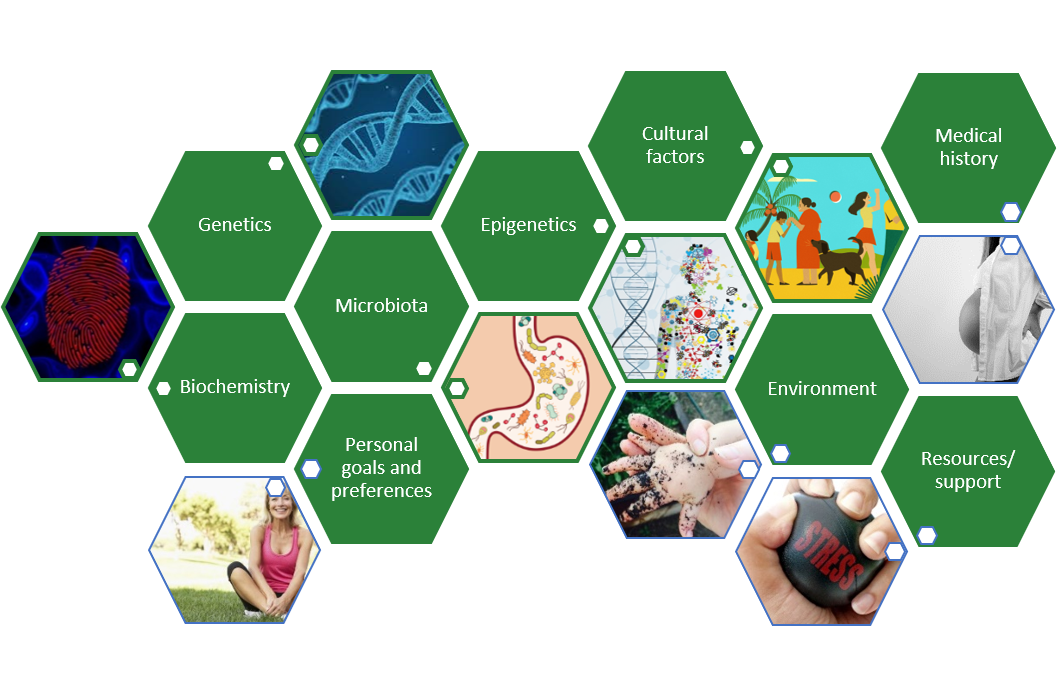Why understanding (and appreciating) your health “context” matters.
An important concept in the field of ecology is "understanding context", because in order to understand how a species adapts, behaves, and grows, it’s environment and surrounding influences must be studied.
The ecology of everyday human life follows similar natural laws. Each of us is part of a constantly changing dynamic with other living and non-living things.
The World Health Organization succinctly sums it up in the statement: “The context of people’s lives determines their health.”
(1). Which contextual factors are most important will vary with the person, time, and situation.
Medical history, genetic characteristics, epigenetic influences, microbiota profile, unique biochemistry, stage of life, personal goals and preferences, cultural background, environmental influences, socio-economic status, and availability to resources/ and support are ALL factors that make up an individual’s ‘context’.
Once this is understood, two things become apparent…
You cannot compare yourself and your unique needs to others (because your health and level of wellness is unique to you and your context).
Your nutritional and general health needs will change over time as your context changes (so what worked well for you in your 20’s may not work so well for you when you reach 40).
There are certain things which of course apply to all of us from a nutritional perspective (like staying hydrated, eating enough of all of the essential nutrients, etc), but these are rarely fixed recommendations. How much water you need will depend on your context, how much protein you need will depend on your context, what a robust microbiota looks like will depend on your context and what your micro-nutrient needs are will also depend on your context… you get the gist!
“Evolving relationships among genes, organisms and environments ensure no two individuals are alike.” – Prof. Fred Provenza
It is not only important to appreciate your health context, but wherever possible, try to understand it.
You don’t need to become a geneticist or a microbiologist, but learning more about your context and improving your health literacy is incredibly empowering.
Understanding more about your biochemistry might be as simple as getting some skilled interpretation of your general or 'routine’ pathology...
Understanding more about your genetics might be asking your parents/ grandparents about their medical history...
Understanding more about your symptoms might be as simple as keeping a food and symptom diary, or using a menstrual tracking app...
And understanding more about your environment might involve learning more about the possible toxicity load in your home.
Keeping a personal health folder of all your significant health related milestones or test results will also help you or your health care provider develop timelines to connect your dots.
If there is something about the way your body works that is perplexing, learn more.
Be a student of your own body and health… I can guarantee you it’s a fascinating journey!

